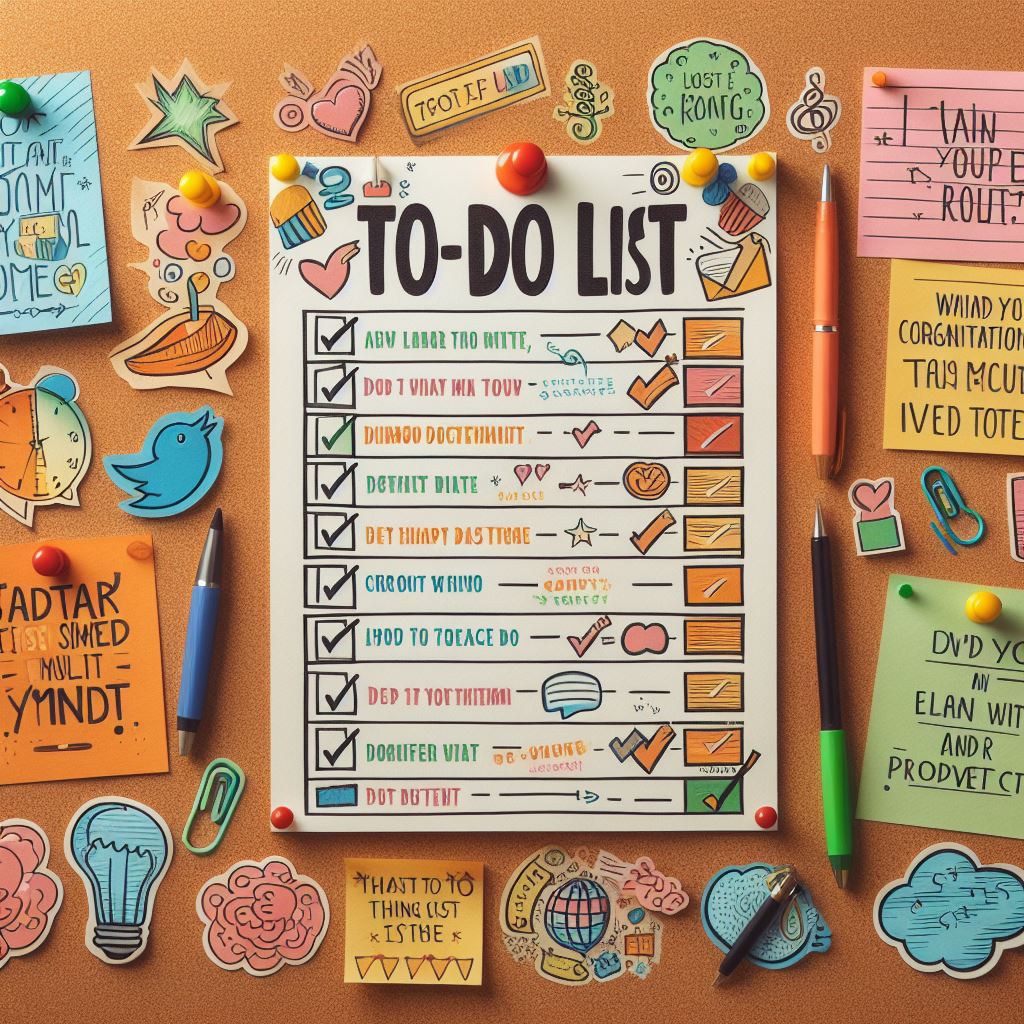Weekly planning is something we all do in some capacity. Some of us have a detailed to-do list with time-blocking, others prefer jotting stuff down in their notes app, and others may try to simply remember everything they have planned for the week.
Regardless of where you fall, I’d recommend having a consistent and effective weekly planner in your life. In the fast-paced world we live in, where we’re juggling numerous professional and personal responsibilities, having some structure and guidance is the key to keeping track of everything.
Otherwise, some tasks may get lost in the chaos. So, if you’re not sure whether or not to jump on the weekly planner bandwagon, you’ve come to the right place.
Why use a weekly planner?
If you’re a go-with-the-flow person, you may be wondering why exactly you should even bother with a weekly planner. Maybe planning just isn’t for you, right? Well, I’m a firm believer that a weekly planner can benefit everyone, and here’s how:
- Organisation: you need to manage things that are set in stone, like appointments and meetings, and then figure out how to effectively use the rest of your time. A weekly planner helps you to do this.
- Prioritisation: if you don’t have somewhere concrete to write down your plans for the week, you will likely just do tasks and duties as you remember them, which could lead to you forgetting about important deadlines and to-dos. A weekly planner can help you keep track of your top priorities on both a daily and weekly basis, so that even if you don’t get to everything you want to do, the important stuff gets done.
- Time management: the more you plan, the more you will learn about how long certain tasks actually take you. You can then use this information to plan your weeks more effectively in the future.
- Reduced stress: if you’re constantly frazzled and stressed, having a weekly planner can help. By taking your list of tasks out of your brain and putting it to paper, you free up some valuable mental headspace, and you don’t need to worry about what’s next – because it’s already in your planner.
choosing the right planner
There are thousands of planners out there, and just as many planning strategies. And while everyone will have different needs that impact which planner they select, there are a few key things that you should look out for:
- The layout: your planner should be functional and easy to read and understand, with clear blocks for different days.
- Size: if you use a physical planner, choose something small enough to pop in your work bag or handbag. Bulky planners aren’t fun! Alternatively, consider using a digital planner (but we’ll get to that later!)
- Durability: the idea behind your planner is that you will use it every day, so it needs to hold up. If it’s flimsy, it won’t last very long. Make sure you have a sturdy cover and high-quality paper.

digital vs paper?
The digital versus paper debate has infiltrated nearly every aspect of our lives, including planning. While there are certainly upsides to having a physical planner, more and more folks are switching over to digital methods of planning, and here’s why . . .
- It’s space-efficient: you already have your phone or laptop with you wherever you go, so there’s no need to bring an extra planner or worry about forgetting your planner at home.
- Accessibility: digital planners can be synced across multiple platforms to ensure that you can always access your plans, no matter where you are.
- Cost-efficient: there are many free digital planners out there, but even if you do use a paid one, it’s often much cheaper than buying a physical planner, which helps you save money!
- Eco-friendliness: opting for digital planners over paper planners can drastically reduce your paper usage.
- It’s adaptable: life changes! If you have written something on paper, it’s not really possible to move it, which can lead to your planner looking disorganised and confusing. Digital planners don’t have that issue. You can edit, delete, or move things as you please.
my planner of choice
Here’s where the plot twist comes in: this is all a sales pitch. Okay, I’m kidding (sort of). Don’t click off yet, though! I truly do love planning, and I’ve seen firsthand the effect it’s had on my life. I’m passionate about helping people learn how to plan their week in a way that works for them.
That being said, in my journey to becoming a planning connoisseur, I’ve used countless weekly planning apps, and found them all to be lacking. So I did what any normal human would – I made my own.
Say hello to Forzeit, an intuitive digital planner that makes planning quick, easy, and fun. It has templates so that you don’t need to type out the same five tasks each week. It has emojis because they make life fun and they also allow you to categorise your tasks. It asks you questions like “Why did you not complete this task?” so that you can plan more effectively.
And the great news is that you can sign up to try it out for yourself! Click this link to give Forzeit a shot.

How to effectively use a planner
Okay, sales pitch over. Once you’ve decided which planner to use (fingers crossed that it’s Forzeit), you need to actually use it. Your week isn’t going to plan itself! Here are my top tips:
- Set time aside for planning: you need to dedicate time to planning your week. In fact, I’d say you should write this down in your weekly planner to make sure you prioritise it!
- Write down everything . . . and I do mean everything. Yes, big stuff like meetings should be noted down, but you should also always jot down the small stuff like responding to your email, or fixing that leaky faucet. Don’t assume you’ll remember it because you won’t.
- Do regular reviews: are there some tasks you never do? Do you over-plan your weeks? Are some days busier than others? Make sure to carve out regular time for reflection on your past week so that you know which changes to make going forward.
- Celebrate your successes: finally, make sure to celebrate the tasks that you do get done! I like to write down some “wins from the past week” whenever I enter a new week, to keep me motivated.
final words
Planning can feel overwhelming, especially when you’re new to it, and there’s so much conflicting information out there. Hopefully, this post gave you someplace to start and got your creative juices flowing when it comes to planning!
However, there isn’t a one-size-fits-all planner out there – everyone has different needs, and they need to find a planner that meets those needs. And, of course, you also need to find your own way of using that planner. So, don’t be afraid to experiment and change things to suit your life.